Indigenous Governance Database
Environment and Natural Resources
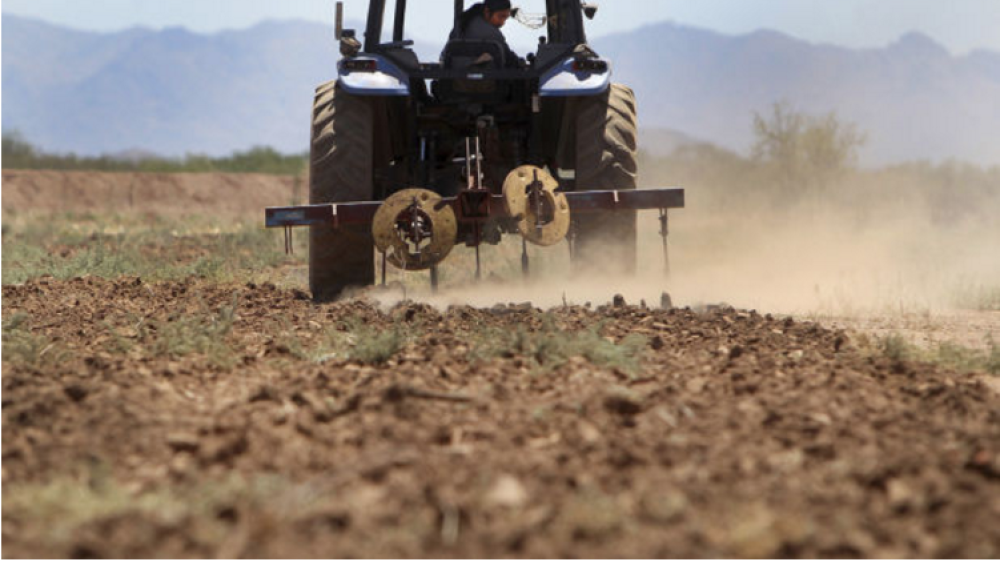
A Solution: Sowing the future for tribal youth
For aspiring farmer, Vernal Sam, 24, the physical labor came easily. Like many Tohono O'odham, he'd helped out on his uncle's cattle ranch as a kid, bringing in cash when his family needed it, and he'd helped his grandfather bury traditional tepary beans and squash seeds in the brown clay soil.…
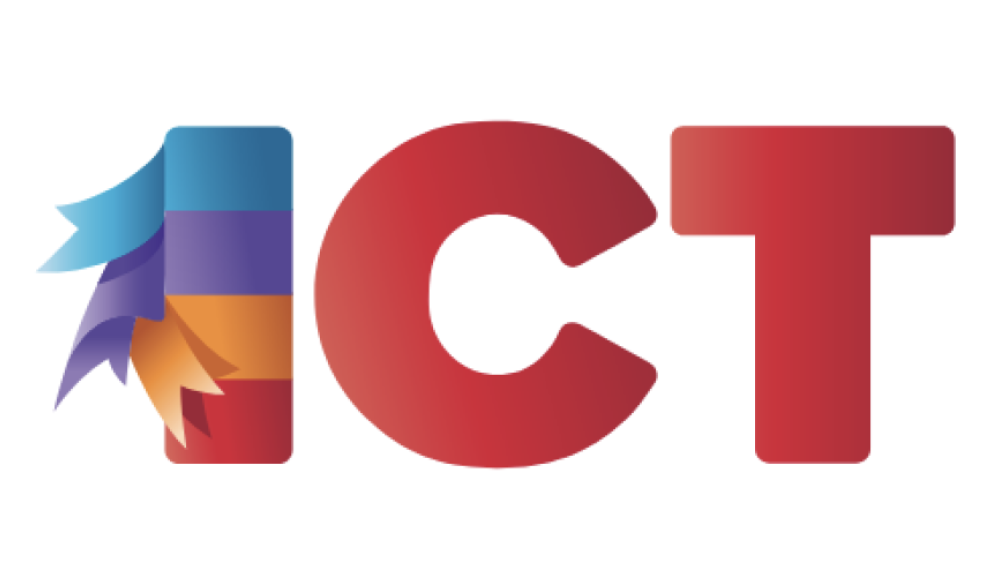
Red Cliff Chippewa Band Re-Dredges 55-Gallon Drums of Live World War 2 Ammo From Lake Superior
The Red Cliff Band of Lake Superior Chippewa is having another go at the munitions barrels dumped into their waters by the Army Corps of Engineers during the Cold War years. Nearly 1,500 55-gallon drums were interred beneath the lake on orders of the U.S. Department of Defense from 1959 to 1962.…
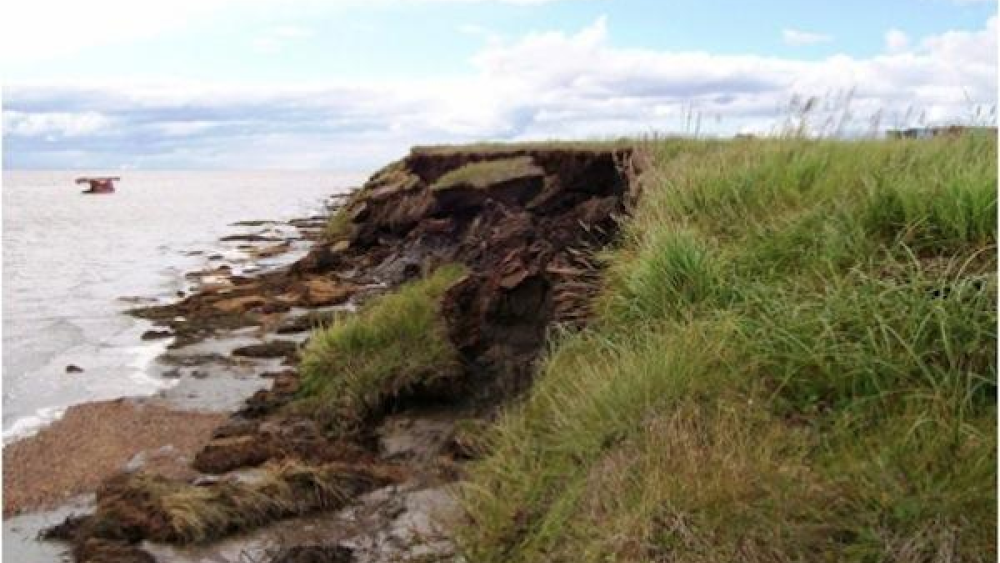
8 Tribes That Are Way Ahead of the Climate-Adaptation Curve
Much has been made of the need to develop climate-change-adaptation plans, especially in light of increasingly alarming findings about how swiftly the environment that sustains life as we know it is deteriorating, and how the changes compound one another to quicken the pace overall. Studies, and…
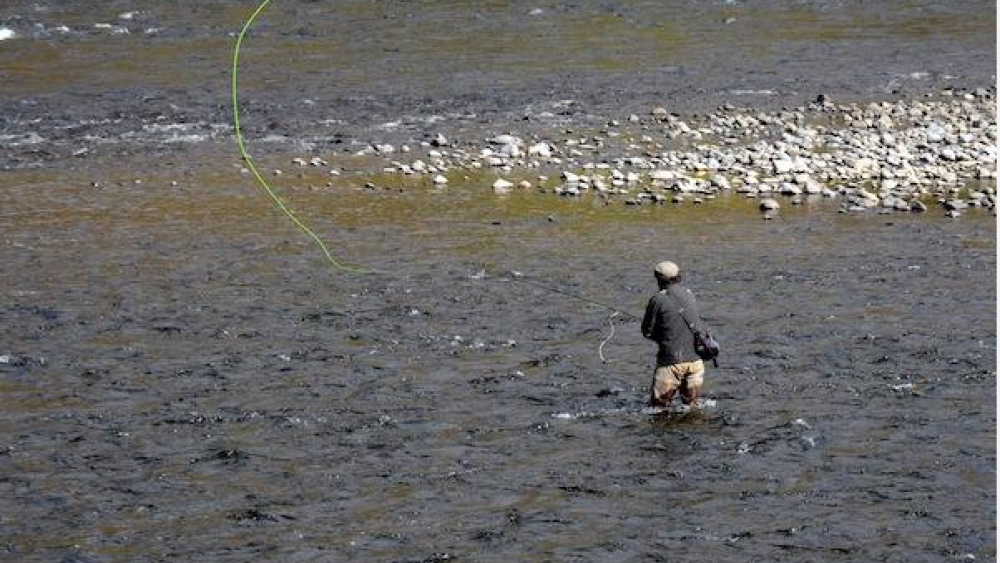
Tribes Recondition Steelhead to Bring Back Endangered Trout
The notion of “reconditioning steelhead” might sound outlandish, even a bit ominous, at least when applied to an animal. Reconditioning is what’s done to prepare discarded electronics for resale, and the word carries connotations of recycling. How does one recycle a fish? It turns out, though, to…
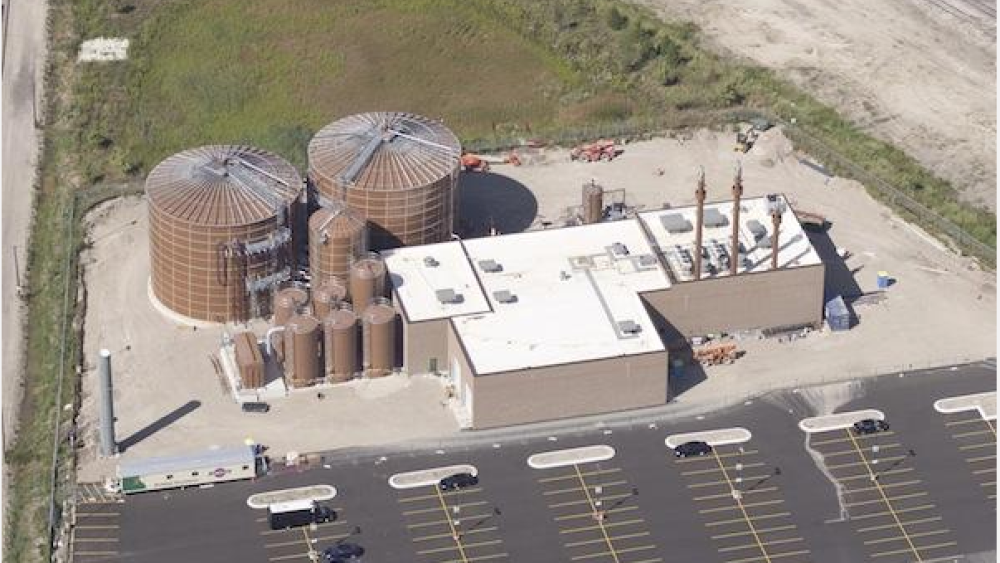
Potawatomi $20 Million Feedstock-to-Energy Conversion Plant Becomes Reality
Meeting the dual goal of environmental stewardship and sustainability, the Forest County Potawatomi Community has opened its newly constructed $20 million Renewable Energy Facility, which will convert area food waste into enough electricity to power 1,500 homes. It was the fruition of a project…
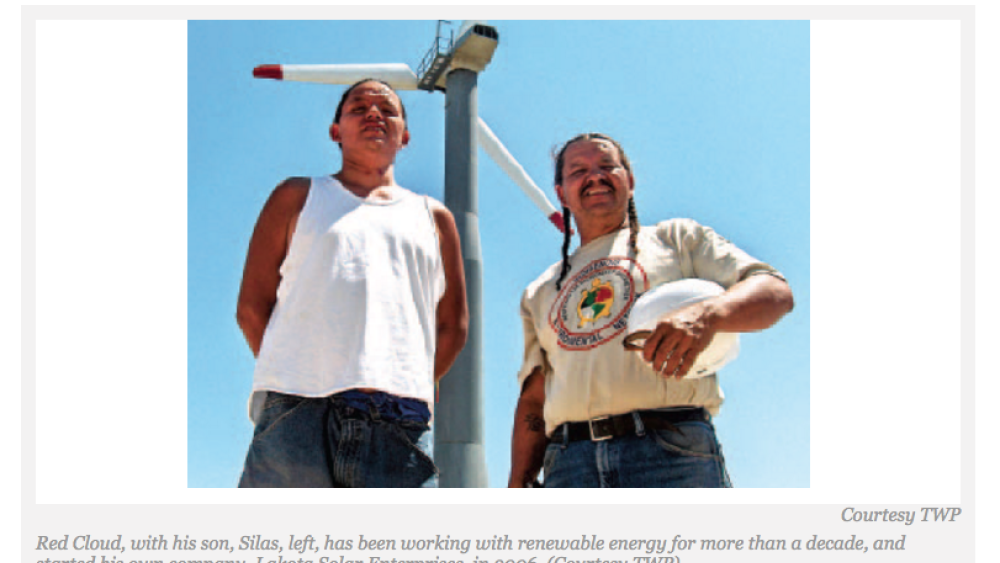
Henry Red Cloud Leads the Renewable-Energy Charge at Pine Ridge
There is a revolution under way to bring renewable resources to Native American people. Led by modern-day warrior Henry Red Cloud, a direct fifth generation descendent of Red Cloud, the famous Lakota war chief, and Trees, Water & People (TWP), inroads are being made one home and one business at…
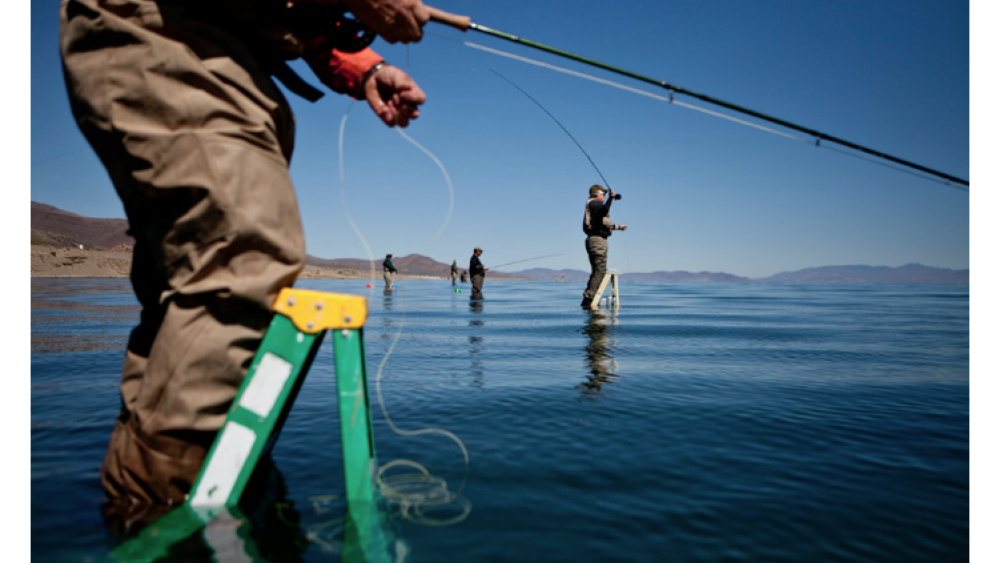
20 Pounds? Not Too Bad, for an Extinct Fish
For most fishermen, a 20-pound trout is a trophy, but for Paiute tribe members and fish biologists here the one Matt Ceccarelli caught was a victory. That Lahontan cutthroat trout he caught last year, a remnant of a strain that is possibly the largest native trout in North America, is the first…
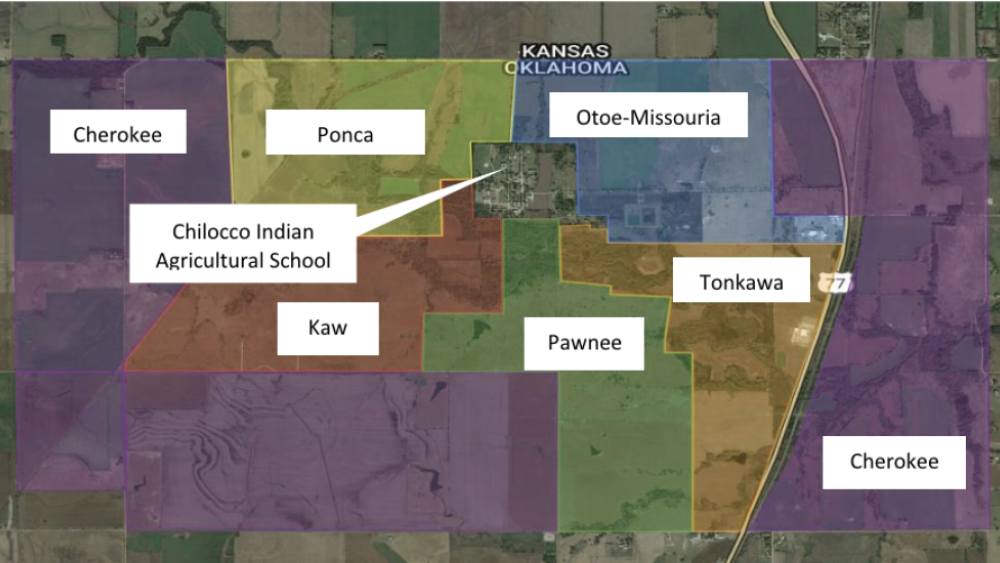
Cherokee Wind Energy Development Feasability and Pre-Construction Studies
Cherokee Nation Businesses (CNB) received a grant from the US Department of Energy to explore feasibility and pursue development of a wind power generation facility on Cherokee land in north-central Oklahoma. This project followed several years of initial study exploring the possibility of…
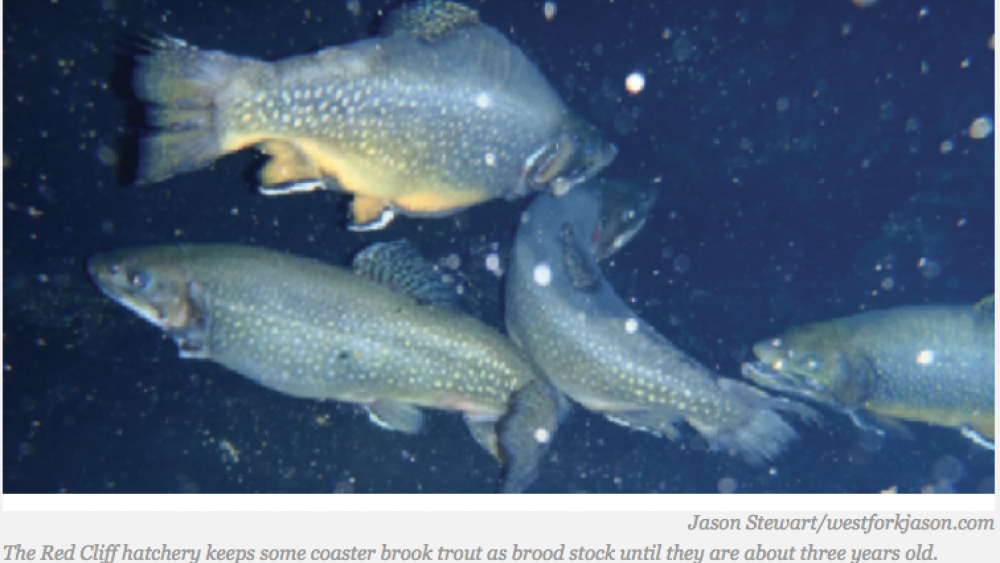
Investing in Fish, Preserving Red Cliff Culture
Small fingerlings roiled the water in the translucent plastic tubs placed before ready volunteers in the Red Cliff tribal fish hatchery at Wisconsin’s northern edge. The agitated three- to six-inch coaster brook trout–known as fry–made the water appear to be boiling. A mild anesthetic was added and…
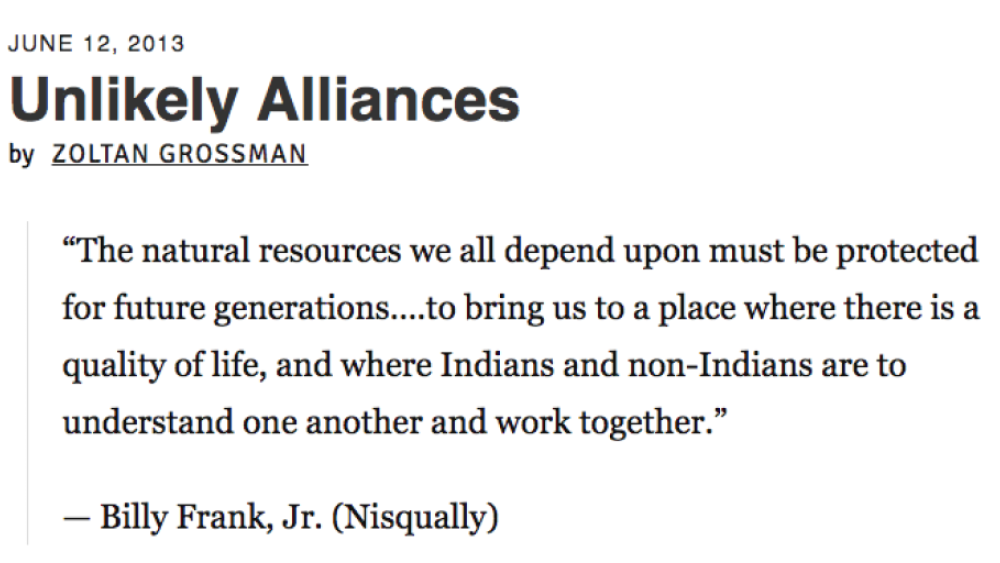
Unlikely Alliances
In the 2010s, new “unlikely alliances” of Native peoples and their rural white neighbors are standing strong against fossil fuel and mining projects. In the Great Plains, grassroots coalitions of Native peoples and white ranchers and farmers (including the aptly named “Cowboy and Indian Alliance”)…

White Earth and Tsleil-Waututh Nations Partner on Community Wind Power
Two tribes, from different sides of the 49th Parallel, are reuniting Turtle Island with a business deal. A First Nations—owned company in British Columbia will supply wind power to the White Earth Community Service Center in Naytahwaush and to the Ojibwa Building Supplies facility in Waubun, the U.…
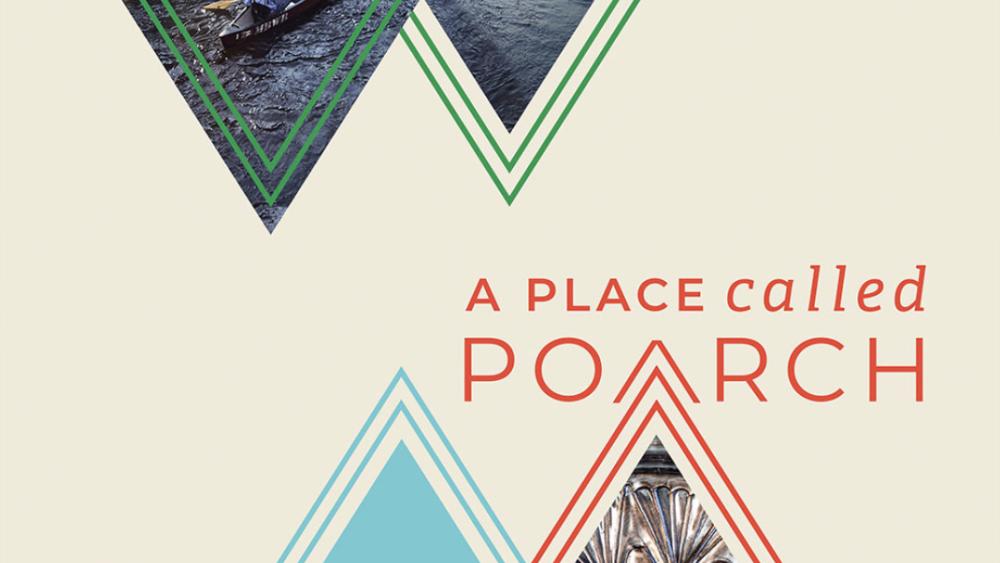
A Place Called Poarch Podcast
The Poarch Creek Indians produced a 24-episode podcast (March 2022-December 2023) covering a variety of nation-building topics including tribal lands, sovereignty, property rights, and more.
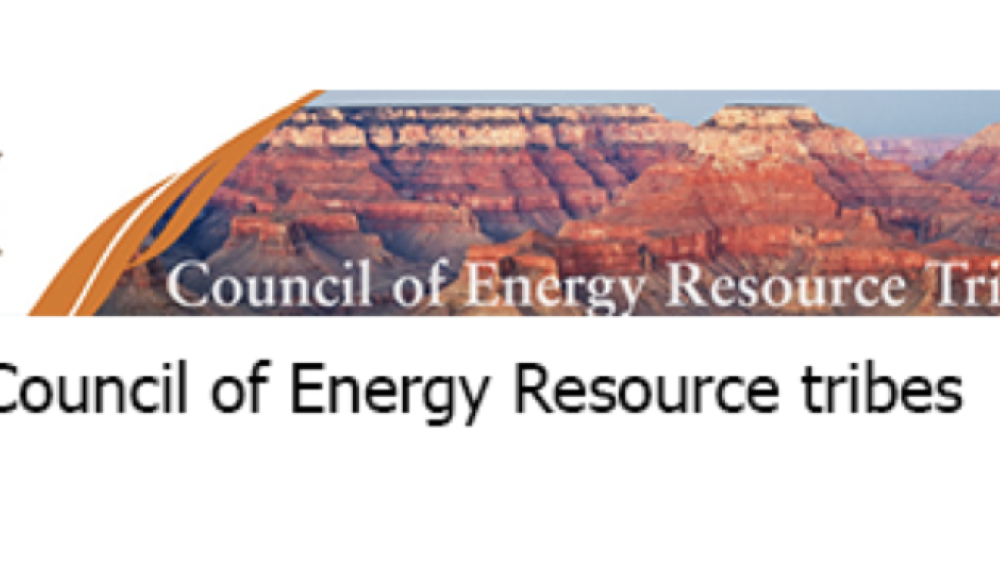
Council of Energy Resource Tribes Enters $3 Billion Biofuels and Bioenergy Agreement
The Council of Energy Resource Tribes (CERT), an Inter-Tribal organization comprised of 54 U.S. tribes and four First Nation Treaty Tribes of Canada, has entered into a long-term development agreement for up to $3 billion in biofuels and bioenergy projects, states a CERT press release...
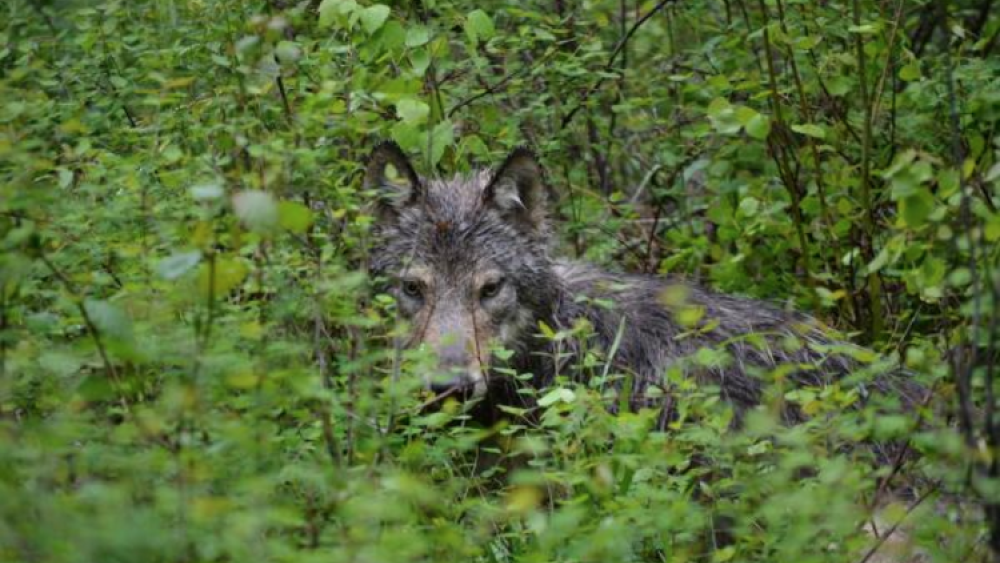
Colville Tribes Manage Wolves With Own Program
As controversy rages over the killing of the Wedge wolf pack in Washington State, the Confederated Tribes of the Colville Reservation are quietly managing one of the state’s eight remaining packs, with a second one possibly to be identified come spring, the pup-birthing season...
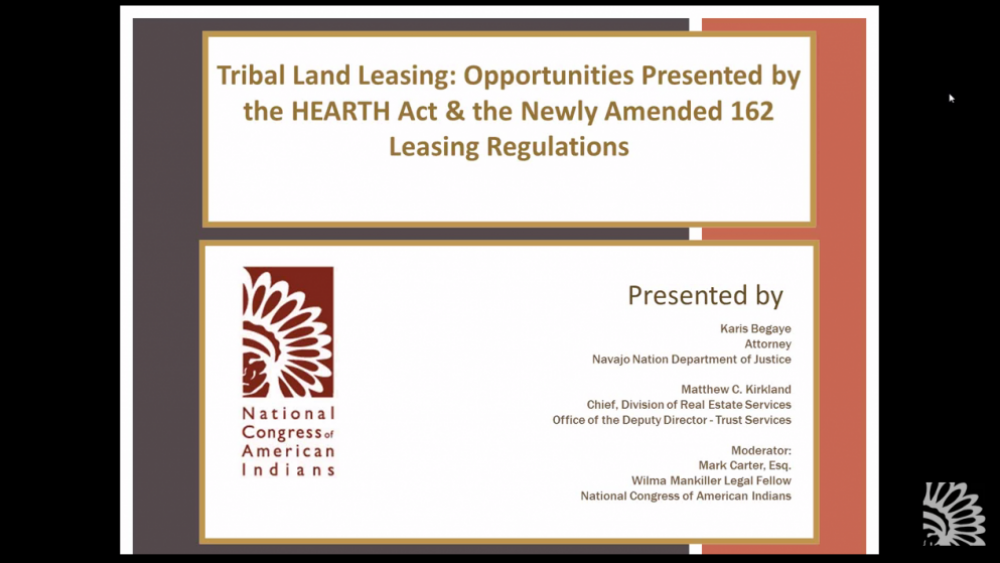
Tribal Land Leasing: Opportunities Presented by the HEARTH Act and Amended 162 Leasing Regulations
This NCAI webinar discussed amendments to the Department of the Interior's 162 leasing regulations as well as practical issues for tribes to consider when seeking to take advantage of the HEARTH Act (Helping Expedite and Advance Responsible Tribal Home Ownership Act of 2012)...
Robyn Interpreter-The Nature of Tribal Water Rights
Robyn Interpreter, Water Attorney (Yavapai-Apache Nation and Pascua Yaqui Tribe), discusses how tribal attorneys have to negotiate all perspectives of tribal water rights in a contemporary climate.
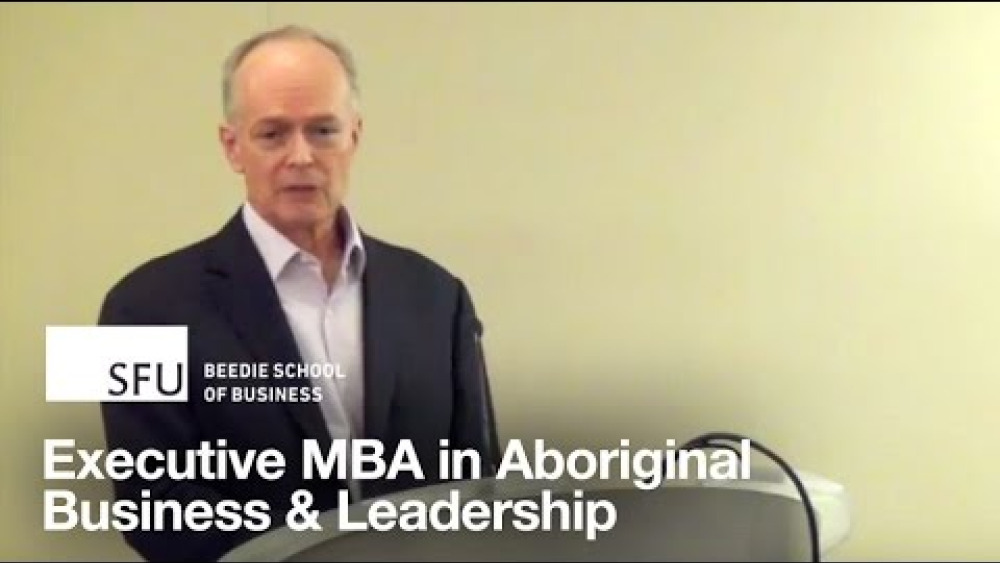
The Harvard Project on American Indian Economic Development and its Application to Canadian Aboriginal Business
This lecture is part of a course Stephen Cornell is teaching in Simon Fraser University's Executive MBA in Aboriginal Business and Leadership program. A panel of three joined Dr. Cornell in a discussion about the building of First Nation economies and the role citizen entrepreneurship can play in…
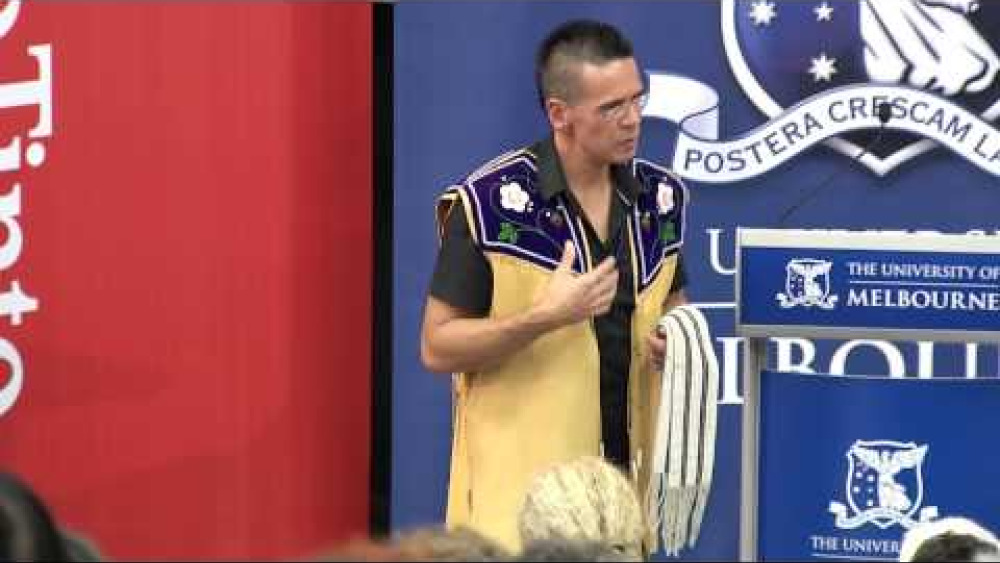
The 2013 Narrm Oration: Taiaiake Alfred
The 2013 Narrm Oration, "Being and becoming Indigenous: Resurgence against contemporary colonialism", was delivered by Professor Taiaiake Alfred on 28 November. Professor Alfred is the founding Director of the Indigenous Governance Program at the University of Victoria in British Columbia, Canada…
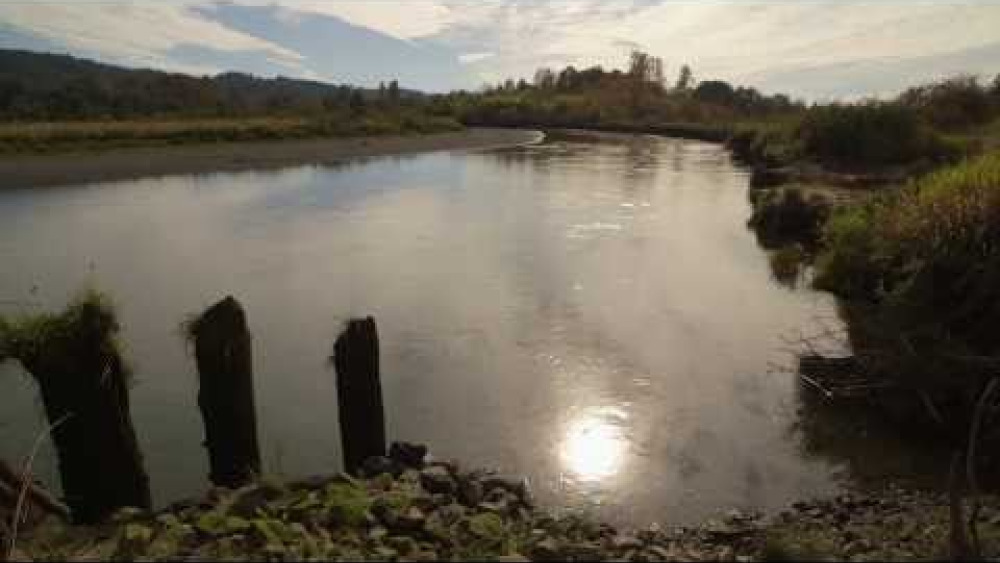
Coming Back: Restoring the Skokomish Watershed
Members of the Skokomish Watershed Action Team have been collaborating for a decade on how to best restore the Skokomish watershed, located at the southern end of Hood Canal, in western Washington. From federal agencies to the Skokomish Tribe to private citizens, this is the story of how these very…
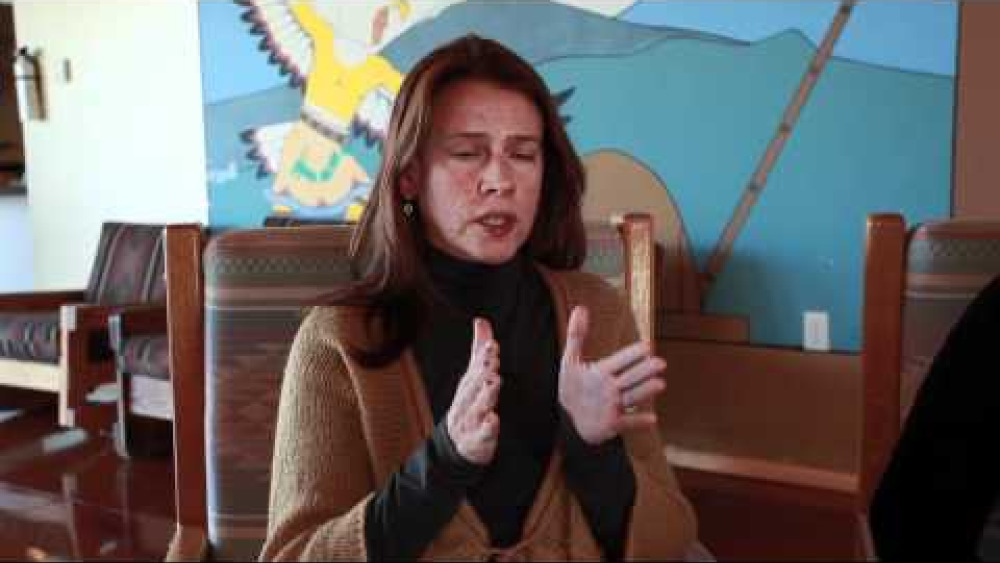
SEEDocs - Owe'neh Bupingeh Preservation Plan and Rehabilitation Project
Re-creating a more vital Pueblo center and reinvigorating cultural heritage traditions through the rehabilitation of the historic Pueblo core was this project's focus. The Pueblo core is the spiritual, social and cultural center of the Pueblo. Community members were trained in traditional building…
Pagination
- First page
- …
- 8
- 9
- 10
- …
- Last page
